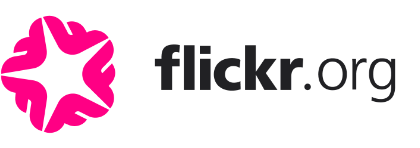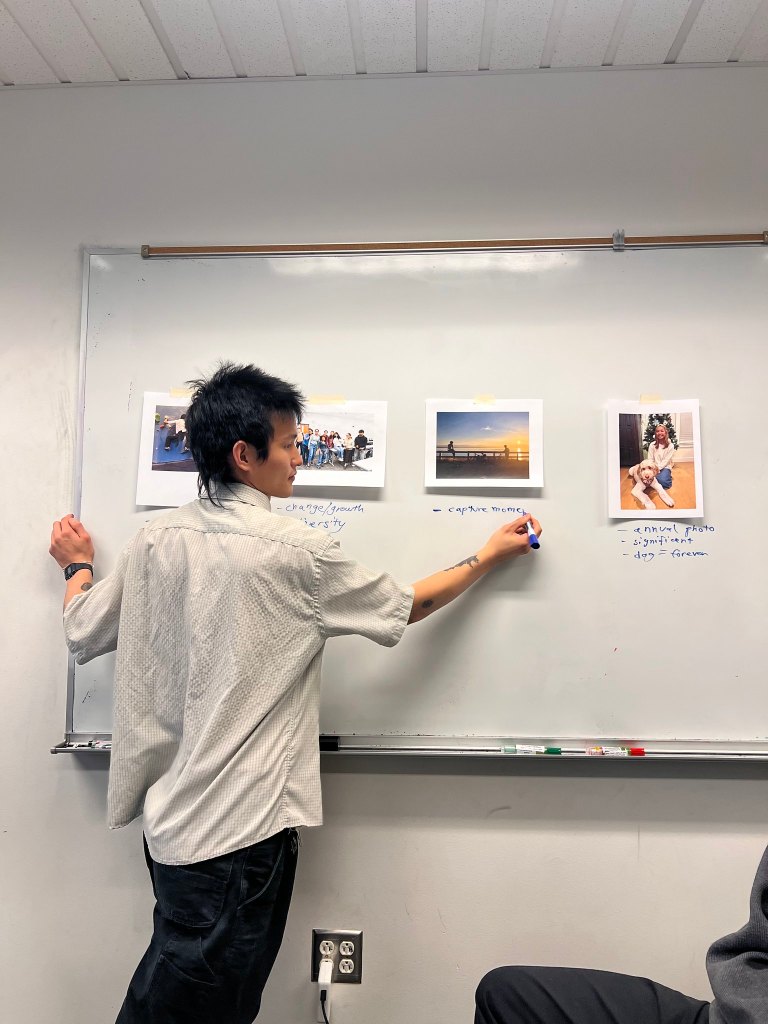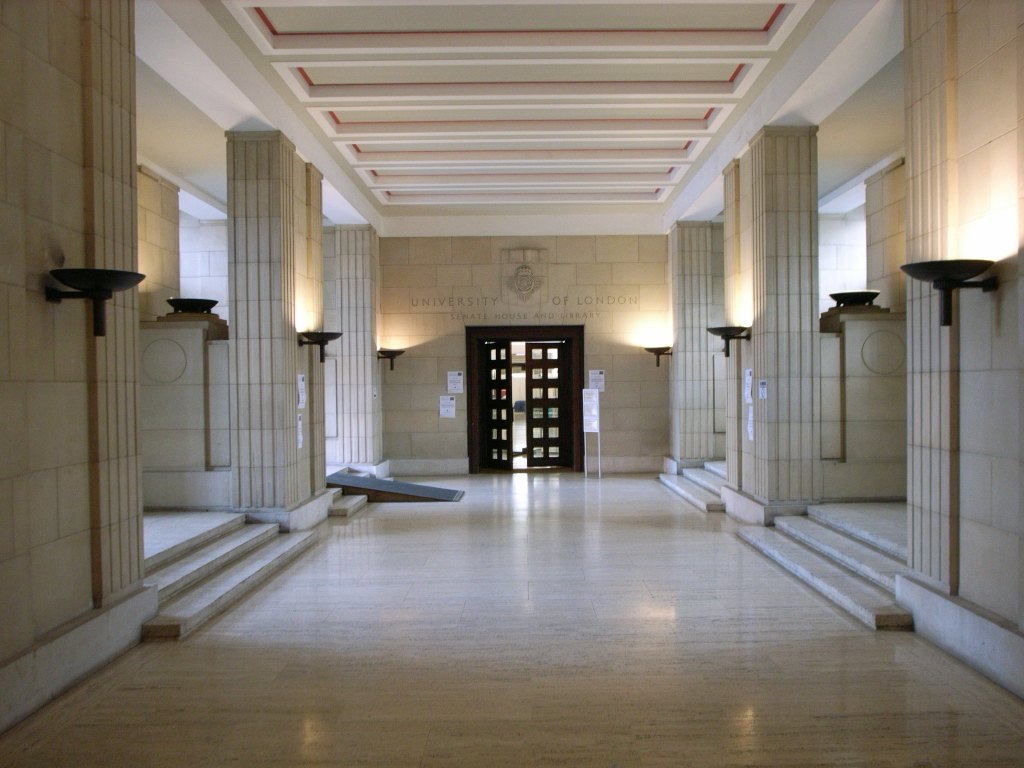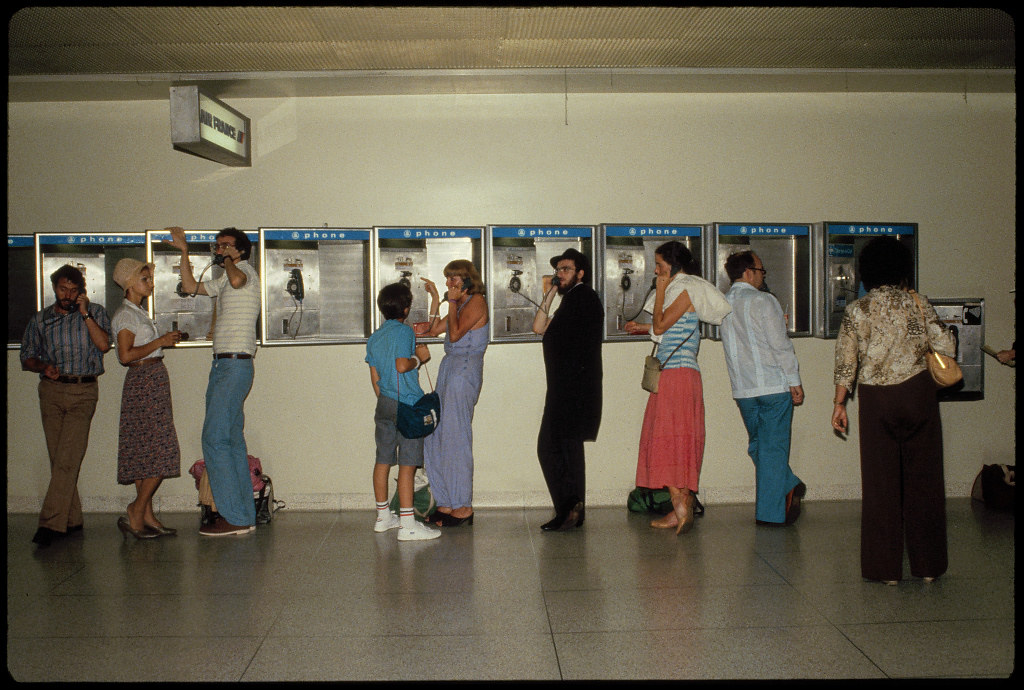Flickr Foundation Spring Research Fellows, Molly Sherman & Emily Fitzgerald, share the second instalment of their research project, investigating image archives of reproductive care on Flickr.
We are excited to share some of our research gathered during the past two months. So far, we have reviewed tens of thousands of images related to reproductive care, health, and experience. Our exploration spans a growing list of 146 search terms related to reproduction, focusing on images with a Creative Commons license from Flickr.com and Flickr Commons. In this process, we are considering questions such as:
- What gaps exist in reproductive archives?
- How are these images accessible or inaccessible, and to whom?
- What would an inclusive counter-archive look like?
- How do various lenses of identity shape the creation, preservation, and experience of viewing visual archives?
- What does consent mean in visual archives, particularly concerning reproduction?
- How is the current political climate influencing the creation and preservation of these images?
- How can we collectively share the broad spectrum of reproductive experiences to build empathy across diverse narratives?
- What texts will be most effective and important in framing these images when we share them?
- How can we bridge the personal and political within this work while ensuring it remains inclusive and dynamic?
- How do our identities shape the research process and outcome of this project?
By mining this vast photographic archive, we are exploring how cultural, political, and personal identities impact archives and narratives across the spectrum of reproductive experiences, including abortion, miscarriage, infertility, queer conception, motherhood, disability, IVF, pregnancy, and breastfeeding. So far, our research has revealed several gaps in the Flickr archive, gaps that we continue to investigate. The more we do this research, the more questions arise that guide our research, and the bigger the project becomes. We want to utilize these questions, this fellowship, and our ongoing project to explore the boundaries and accessibility of photographic archives, highlight silenced and hidden narratives, and visualize the spectrum of reproductive experiences shared by women across history, geography, race, and class. Some of our questions about archives driving our research thus far include:
- What could an archive of the future look like?
- What creative possibilities are offered by the gaps, absences, and silences in archives and historical records?
- How can artists engage with histories that weren’t photographed?
- How can found photographs and artist-driven archives contribute to fuller understandings of the past, present, and future?
- How might artists address the ways photography is implicated in creating and perpetuating violent or colonial histories and limiting potential futures?
- How could emerging technologies augment, extend, or complicate photographic work on historical and current narratives?
- In revisiting objects tasked with holding memory (monuments, heirlooms, etc) and histories, how can artists present alternative methods of memory-making and keeping?
- Why are some histories left behind, while others are carried forward?
- How can artists honor histories that are personal, private, or intended for particular communities and purposes? What would it look like for artists to lead the way in creating new modes of respect and care in the circulation of images?
- What role does memory play in shaping the creation and interpretation of visual archives, and how can artists explore this relationship?
- How can art that deals with historical trauma or loss offer healing or reconciliation within affected communities?
- How do our identities as cis-gendered, white, middle-class, mothers and educators impact the work we are doing and the lens in which we build this collection?
- How does geography, race, class, and other identities impact the ways the work is experienced, collected, and engaged with?
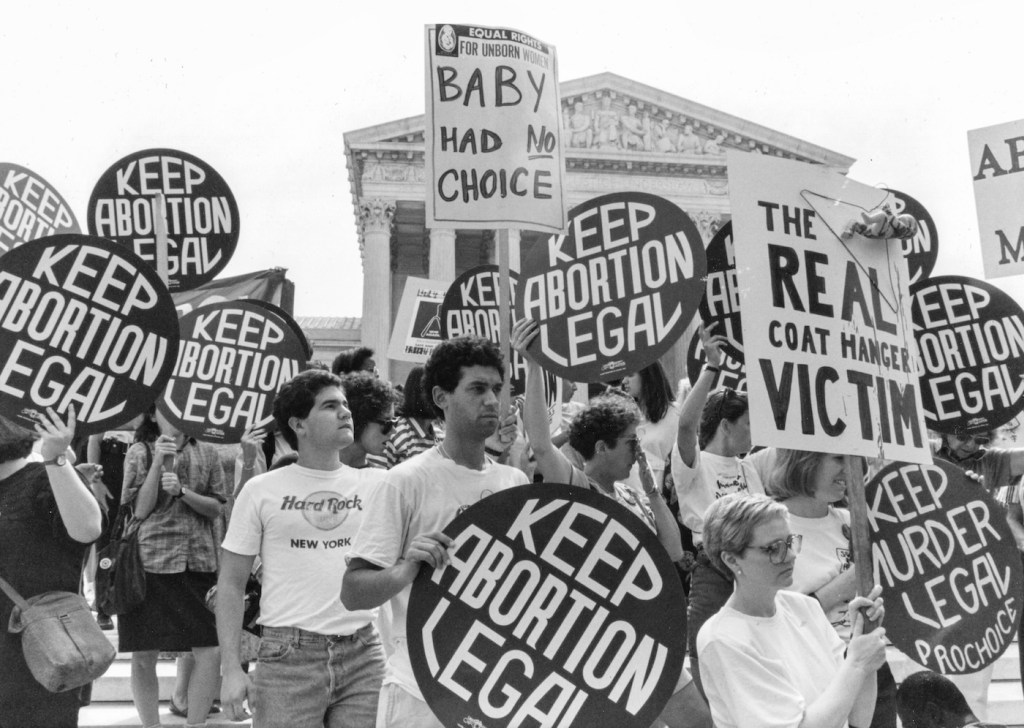
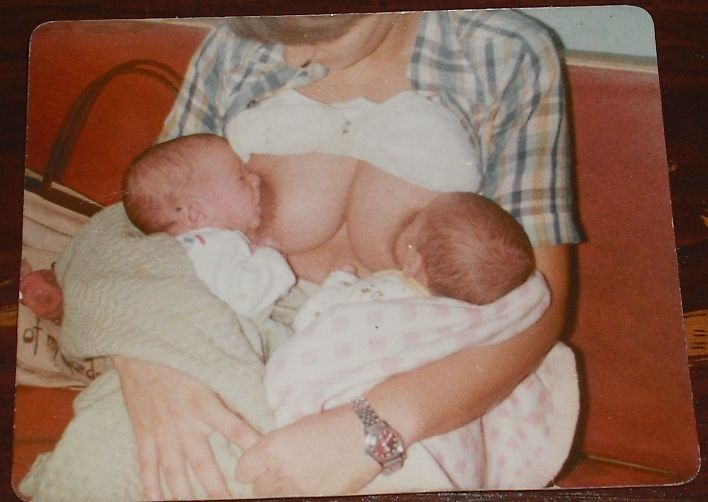
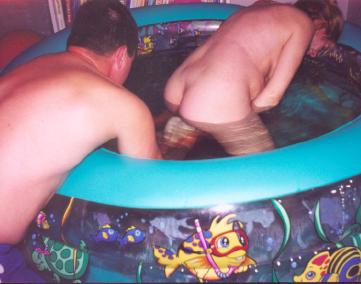
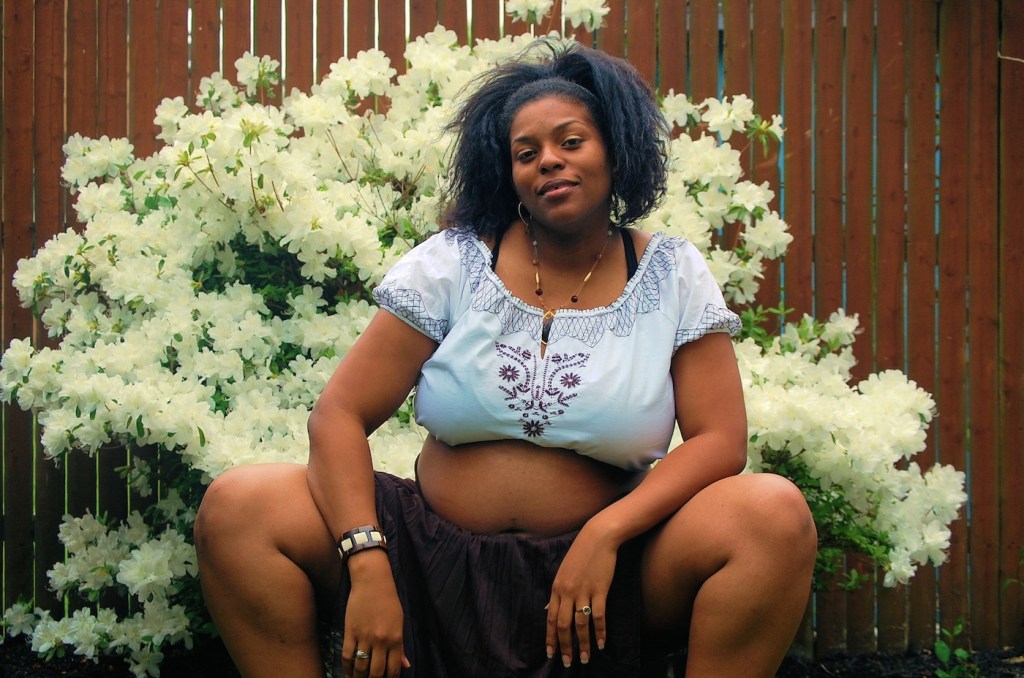
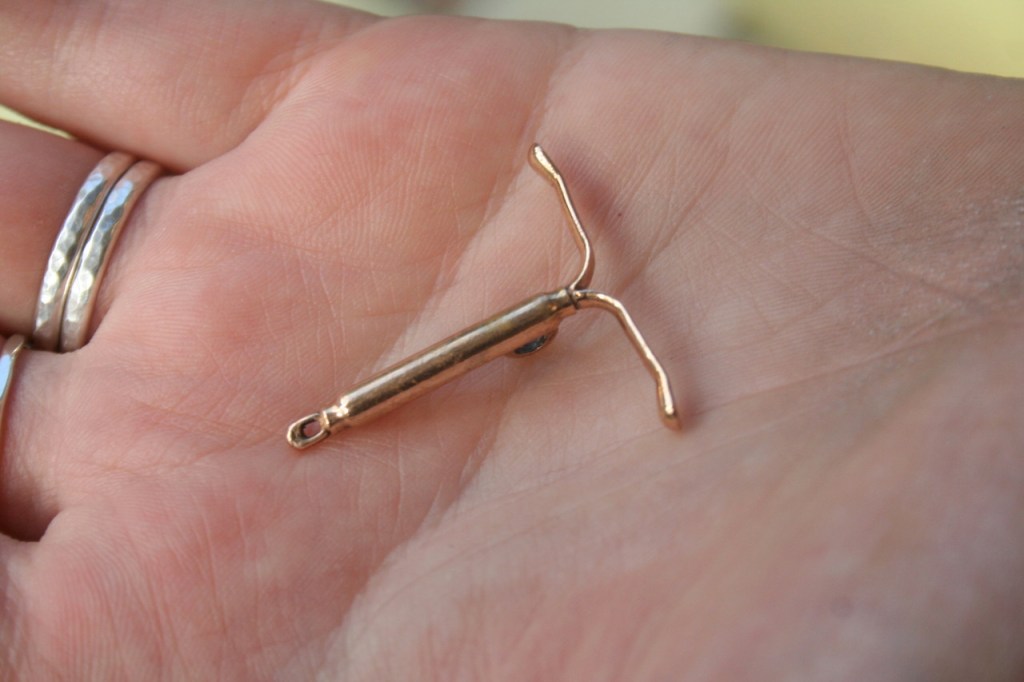
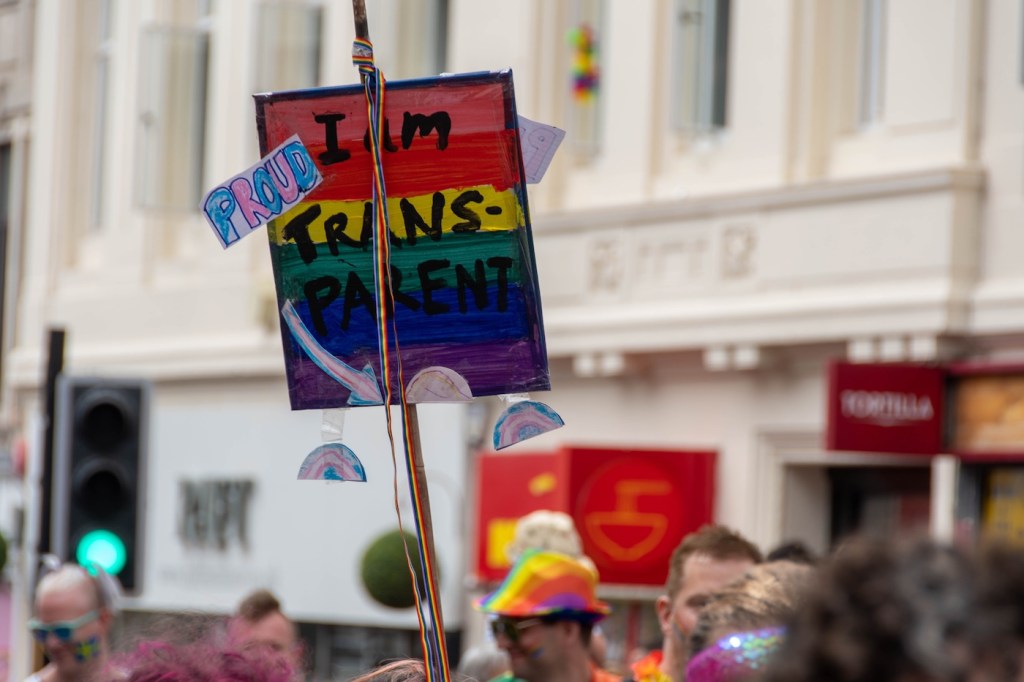
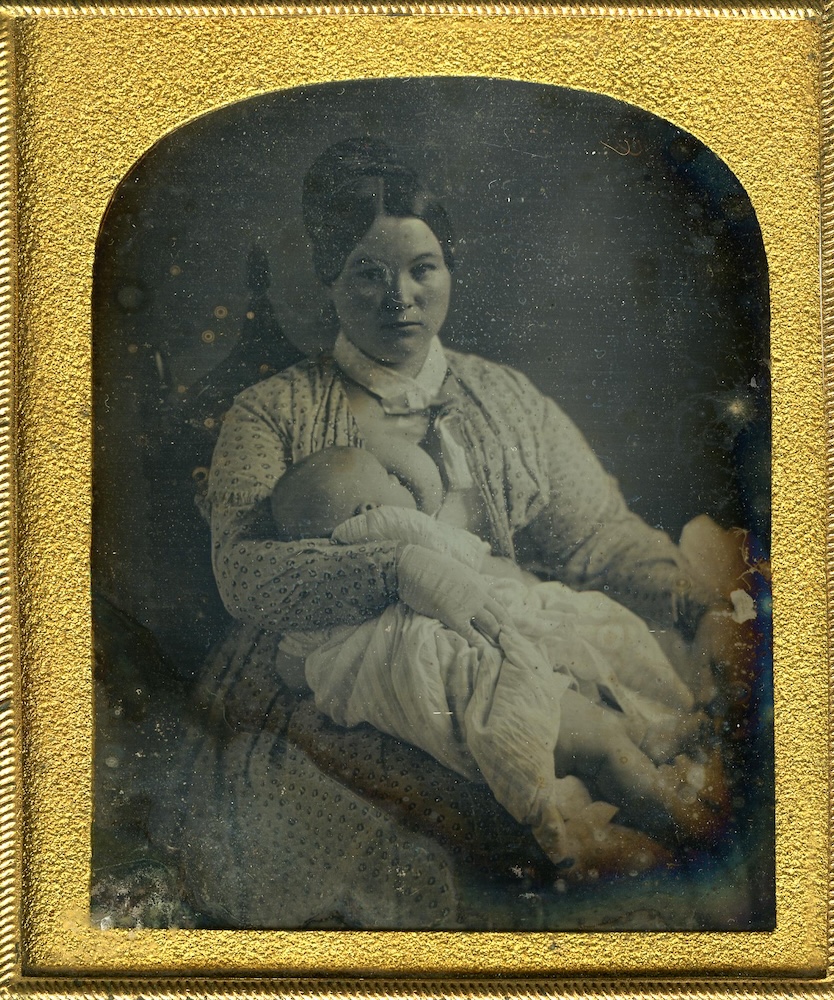
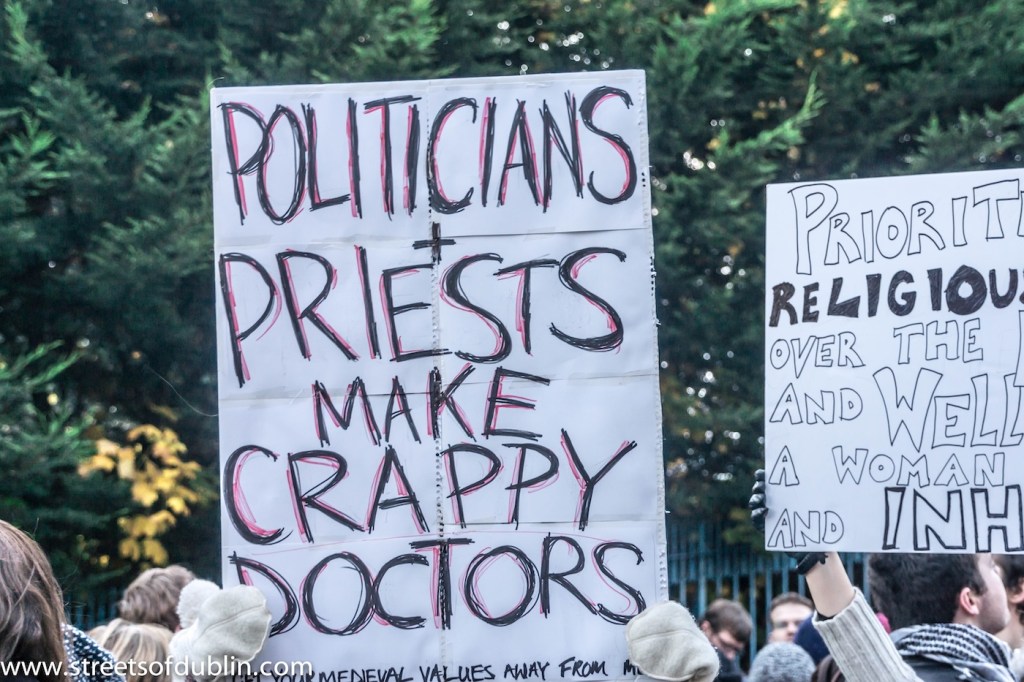
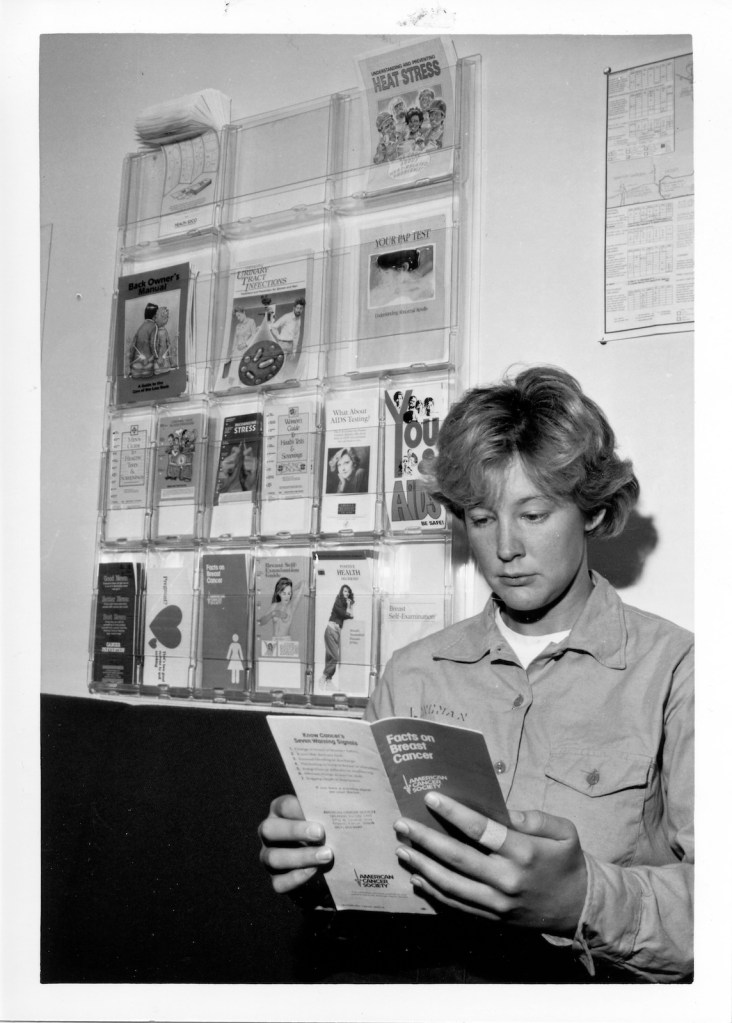
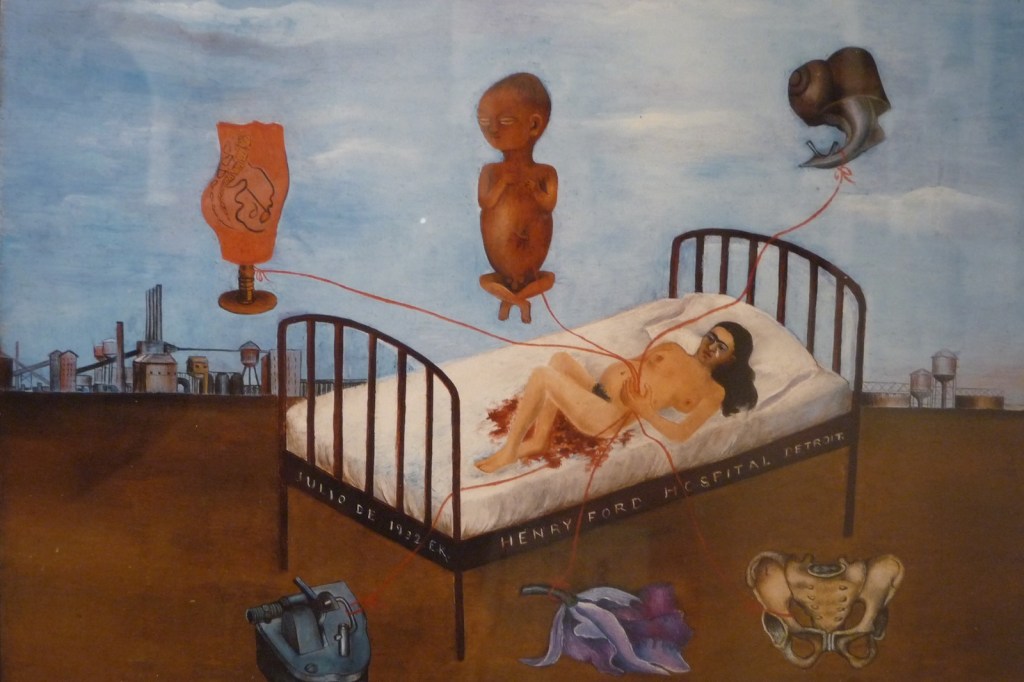
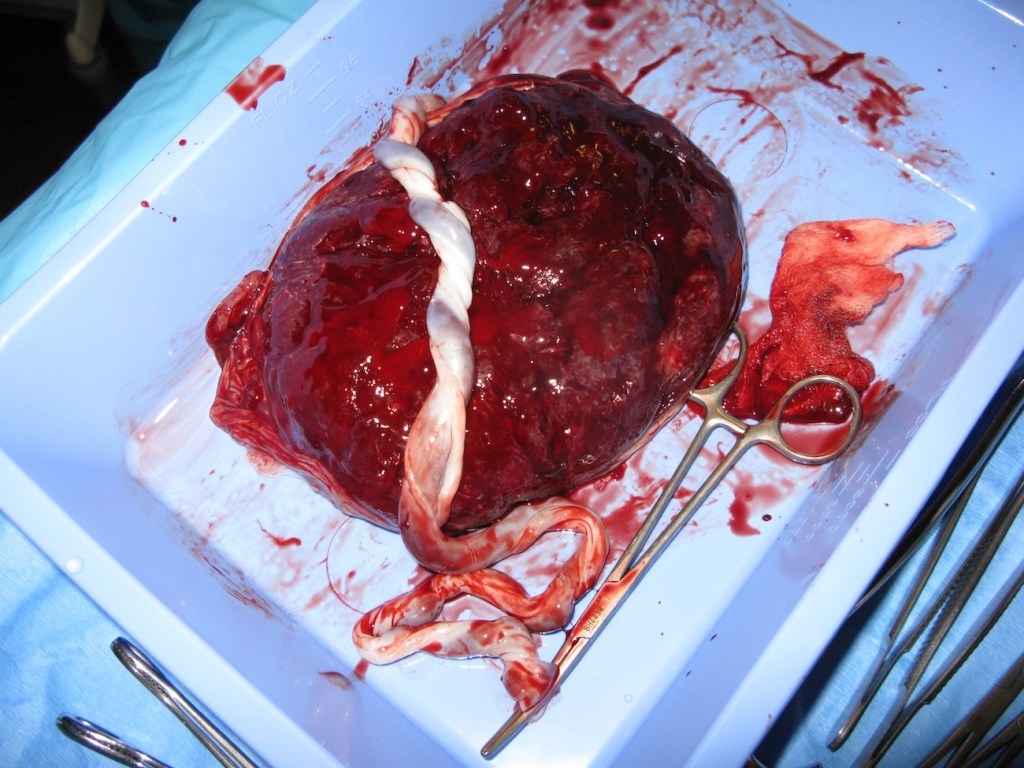


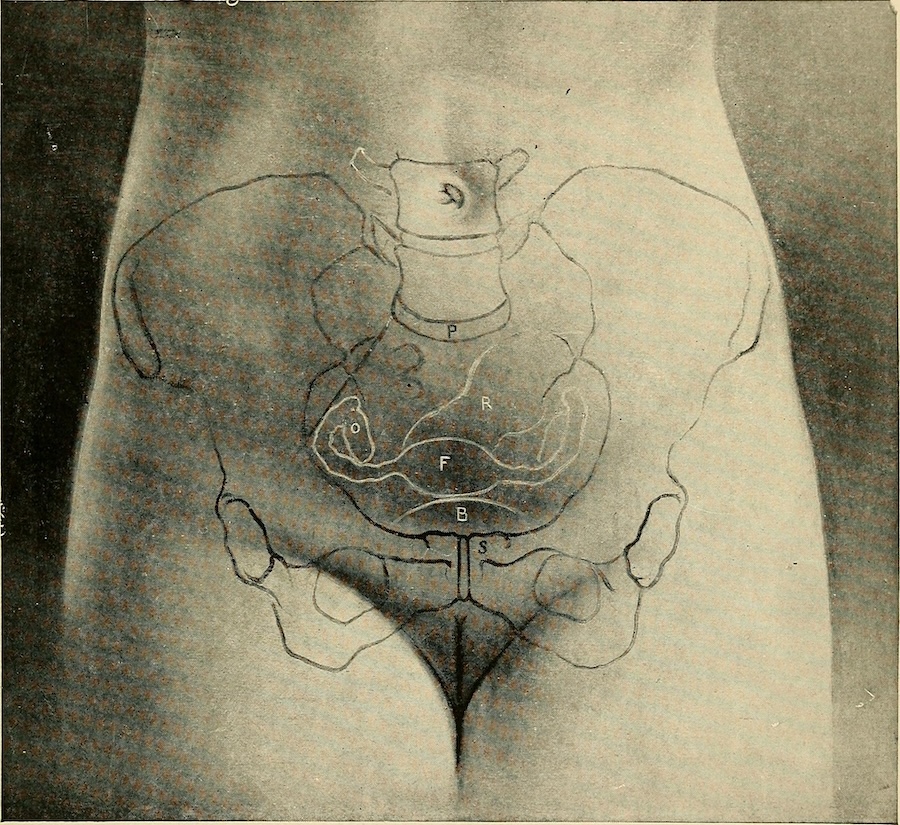
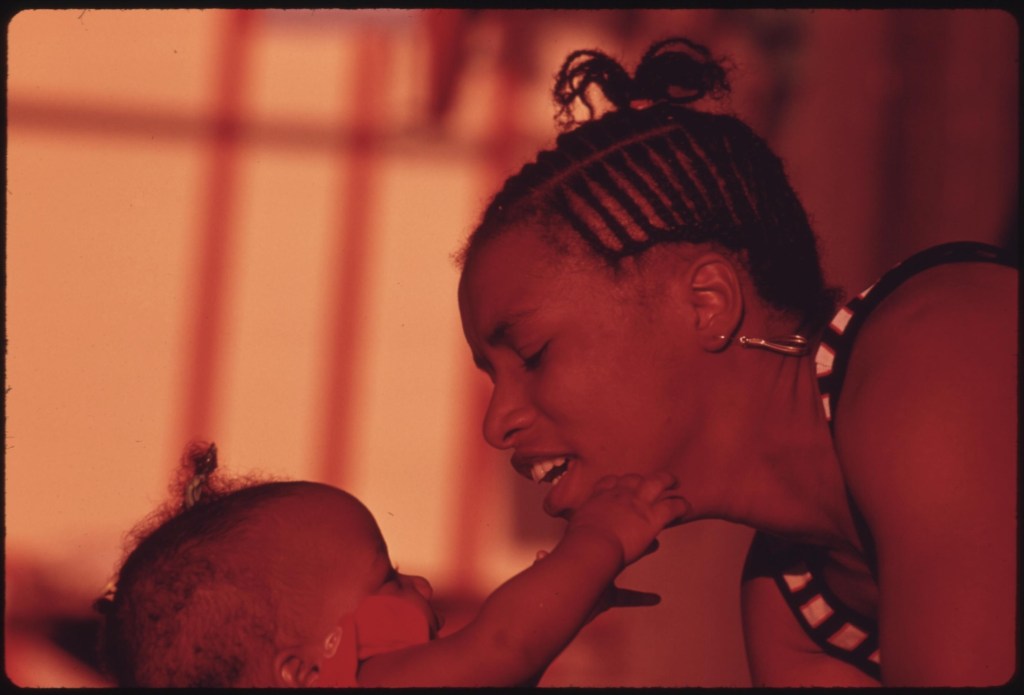
As we navigate the questions emerging from our research, we are also examining the intersections of socially engaged art, photography, graphic design, and women’s health. Our work often takes the form of long-term, collaborative projects presented in both art and non-art contexts, bridging the personal and political to spark critical public dialogue. This project focuses on the Flickr community and the networks surrounding contemporary and historical reproductive experiences.
We are in the process of reaching out to the Flickr users featured in our growing collection of reproductive care images to obtain image usage agreements. While these images hold Creative Commons licenses, the deeply personal nature of this subject requires consent, ensuring participants have agency in the project. This interest stems not only from our own ethical values, but also from our interest in collective storytelling and what it means to make images and publications with people rather than of them.
Our work challenges traditional photographic hierarchies, embracing feminist values such as co-authorship and the notion that the personal is political. Through archives, found images, and collaborative processes, this project highlights silenced narratives and visualizes the complex, interconnected spectrum of reproductive experiences.
We draw inspiration from both artistic and activist traditions, including Women on Waves, SisterSong, and the LA Self Help Clinic. Lucy Lippard’s writings on the personal as political inform our conceptual framework, while artists such as Mierle Laderman Ukeles, Laia Abril, Carmen Winant, Mary Kelly, and Joanne Leonard influence our exploration of reproduction and care. We also look to Eric Gottesman and Jennifer Karady’s socially engaged photographic practices and Group Material’s AIDS Timeline, which merge advocacy with art.
On March 16, 2025, we presented our initial research at the Museum of Motherhood Conference at the University of South Florida in St. Petersburg, FL. This conference fosters critical dialogue on medical colonialism, patriarchal motherhood, and diverse reproductive experiences. From thousands of images sourced from Flickr and Flickr Commons, we installed a pilot exhibition and presented on a panel about politics, art, and motherhood.
Looking ahead, this project will culminate in an exhibition, photobook, newsprint publication, and participation in Flickr Foundation’s Data Lifeboat project, further amplifying discourse on reproductive care. The photobook will include hundreds of images sourced from Flickr and an appendix of selected metadata associated with each image—preserving a highly accessible digital collection and elevating it as an archival object. It will also include oral histories that we conduct with past and present leaders in the fight for reproductive care.
